Production Planning and Detailed Scheduling (PP/DS) plays a crucial role in discrete manufacturing industries, helping companies optimize production processes, manage resources efficiently, and meet customer demands. Discrete manufacturing involves the production of distinct items, such as automobiles, electronics, or furniture, typically in batches. Effective planning and scheduling are critical to streamline operations and enhance productivity.
PP/DS in Discrete Manufacturing
Understanding Production Planning and Detailed Scheduling (PP/DS)
- Production Planning (PP): PP refers to the process of organizing and outlining production schedules to optimize resource usage, such as labor and materials. It involves forecasting demand, calculating inventory needs, and determining production capacities. This planning stage sets the groundwork for efficient production management.
- Detailed Scheduling (DS): DS focuses on scheduling tasks and operations on the shop floor. It involves creating precise schedules for machines, equipment, and workers to maximize production efficiency while minimizing idle time and bottlenecks.
The Role of ERP Systems in PP/DS
ERP systems integrate various business processes, including PP/DS, into a unified platform. These systems provide real-time data and insights, enabling companies to make informed decisions and optimize production planning and scheduling. Key ERP providers such as SAP, NetSuite, Microsoft Dynamics, and Salesforce offer PP/DS modules tailored to discrete manufacturing needs.
- SAP: SAP’s PP/DS module supports advanced planning and scheduling capabilities, such as constraint-based planning and interactive scheduling. It helps manufacturers optimize production while considering constraints like capacity, lead times, and material availability.
- NetSuite: NetSuite’s ERP platform offers a comprehensive suite of tools for PP/DS, including demand planning, inventory management, and order fulfillment. It provides real-time visibility into production processes and supports collaboration across departments.
- Microsoft Dynamics: Microsoft Dynamics offers a robust suite of manufacturing tools, including PP/DS functionalities such as capacity planning, material requirements planning, and production scheduling. It integrates seamlessly with other business processes, enhancing overall efficiency.
- Salesforce: Salesforce’s ERP solutions, such as Salesforce Manufacturing Cloud, offer PP/DS features tailored to discrete manufacturing. These solutions enable manufacturers to forecast demand, manage production schedules, and optimize resource utilization.
Cross-Industry and Industry-Specific Solutions for PP/DS
Cross-Industry Solutions:
- Advanced Analytics: Leveraging data analytics to gain insights into production performance, identifying trends, and making data-driven decisions to improve efficiency and reduce costs.
- Real-time Monitoring: Utilizing real-time monitoring tools to track production progress and make adjustments as needed to maintain optimal performance.
- Collaborative Planning: Enabling cross-departmental collaboration for a cohesive approach to production planning, ensuring alignment between sales, production, and supply chain.
- Automated Workflows: Implementing automated workflows to streamline processes and reduce manual intervention, leading to faster and more accurate production planning.
Industry-Specific Solutions:

- Automotive Manufacturing: Implementing just-in-time (JIT) inventory management to reduce excess inventory and optimize production schedules based on demand.
- Electronics Manufacturing: Adopting agile manufacturing practices to respond quickly to market changes and customer demands, ensuring efficient production planning.
- Furniture Manufacturing: Utilizing mass customization strategies to offer personalized products while maintaining efficient production processes.
- Aerospace Manufacturing: Employing stringent quality control measures and precise scheduling to meet regulatory requirements and ensure product reliability.
Industry-Based Statistics

- Automotive Manufacturing: According to a report by Statista, the global automotive industry was expected to reach approximately $2.7 trillion by 2023 . Efficient PP/DS processes are crucial for managing production cycles and ensuring just-in-time delivery of components. Research from Deloitte shows that automotive manufacturers that adopt advanced planning and scheduling solutions can reduce production lead times by 20% to 30%, leading to faster time-to-market .
- Electronics Manufacturing: The global electronics manufacturing industry is expected to grow at a CAGR of 5.4% from 2021 to 2028 . Efficient PP/DS is vital for managing complex product portfolios and meeting diverse consumer demands. A study from Accenture highlights that implementing Industry 4.0 technologies, including advanced PP/DS, can lead to a 15% increase in production efficiency in the electronics sector .
- Furniture Manufacturing: The global furniture market was valued at approximately $509 billion in 2020 and is projected to grow at a CAGR of 4.1% from 2021 to 2028 . In this industry, PP/DS helps manage mass customization while maintaining efficient production cycles. Companies that invest in advanced manufacturing technologies, including PP/DS and ERP systems, can reduce waste by up to 50% and improve delivery times by 20%.

- Aerospace Manufacturing: The global aerospace industry was valued at around $838 billion in 2020 and is expected to reach $1.3 trillion by 2030. In this industry, PP/DS supports precise scheduling and quality control for complex manufacturing processes. Advanced planning and scheduling solutions can help aerospace manufacturers reduce lead times by up to 25% and increase on-time delivery rates to over 95%.
In conclusion, Production Planning and Detailed Scheduling (PP/DS) is a critical aspect of discrete manufacturing that drives efficiency and productivity. By leveraging ERP systems such as SAP, NetSuite, Microsoft Dynamics, and Salesforce, manufacturers can optimize their production processes, reduce costs, and improve customer satisfaction. Cross-industry and industry-specific solutions further enhance the planning and scheduling process, ensuring companies stay competitive in today’s fast-paced market.
Share your thoughts and let us know which ERP has the best and most advanced PPDS capability.
